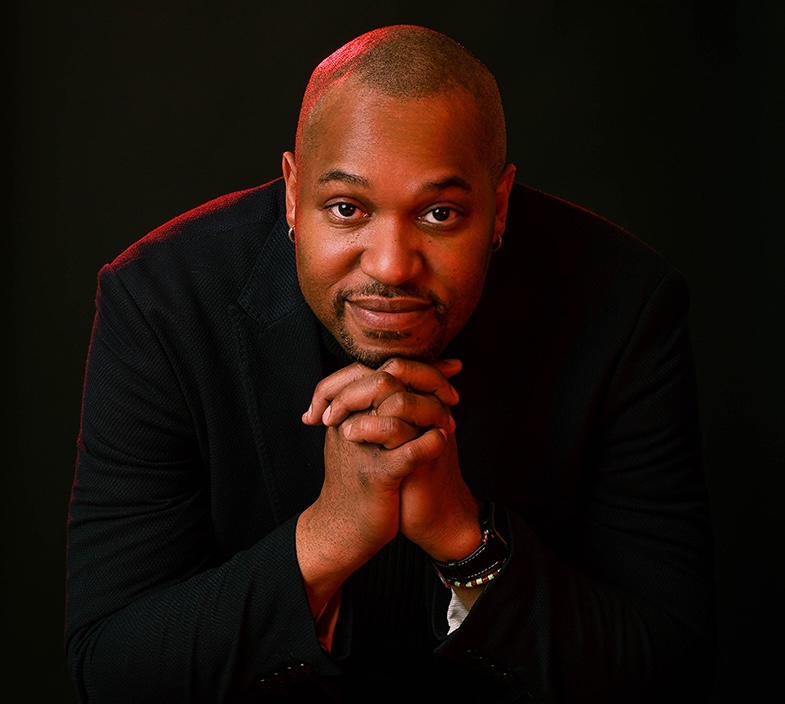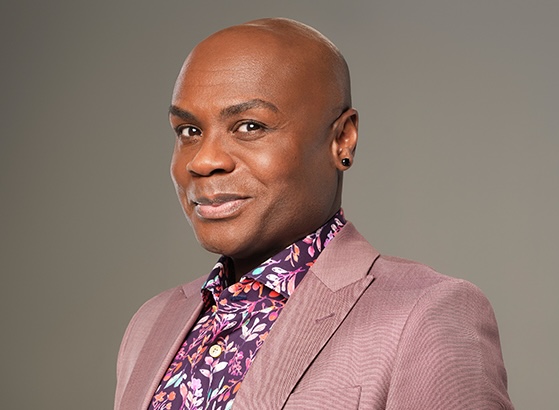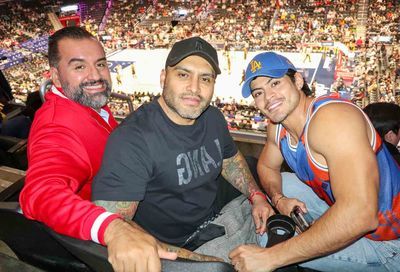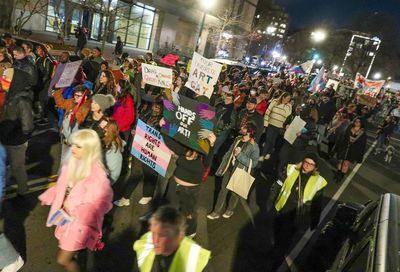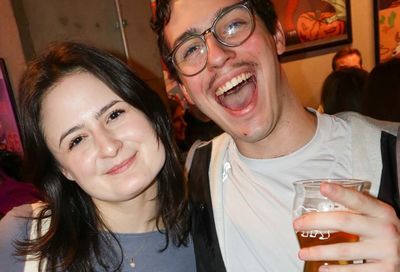Professor/Pundit
Melissa Harris-Perry takes her political insights from campus to cable

METRO WEEKLY: How does a liberal, black, female professor get a TV show in America?
MELISSA HARRIS-PERRY: I just had an email exchange with my colleague and mentor, [University of Chicago professor] Cathy Cohen, where I was expressing that same feeling. ”How did this happen, Cathy? Do you think this makes any sense?” I think anybody about to take on a big project that is as public as the one I am about to take on undoubtedly must have, as I have, a great deal of enthusiasm and excitement and tremendous reservation from some other part of my brain.
An awful lot of how this happened is undoubtedly because of Rachel [Maddow]. And I don’t even necessarily mean for me personally, although, that’s part of it. Her willingness, first, to make me a regular guest on her show, which led to the network making me a contributor for the network, and then for her and her staff to ask me to sit in as a guest host, both of those things are a straight-line trajectory to how this happened. But, I think, more importantly, is the fact that Rachel exists that makes this possible. That she demonstrated so clearly that there is a ratings bonanza to be had for smart, a young woman who is not primarily there because she’s adorable but is rather there because she is brilliant and has something to say about the news. Every time I watch Rachel on air, I think, ”Do people really know what’s happening here? This is kinda crazy.”
She just made a lot of space. She’s not the very first person to make that space, but she made it at MSNBC in a way that makes [my] particular hire possible. I think of Gwen Ifill as someone who for me is a real role model in this part of my life. Again, the point of Gwen Ifill isn’t her adorableness, however adorable she might be. The point of Gwen Ifill is her intellect, her capacity, her ability to explain something to you that you didn’t know before. But she was doing that on the public airwaves. It was very different that Rachel brought that to mainstream media.
MW: There was a time when you were guest hosting one of the MSNBC shows, and you had The Washington Post‘s Jonathan Capehart – a black, gay man – as your guest. And the topic was not about some gay political development or a race-related issue. I remember thinking how unusual an occurrence that was.
HARRIS-PERRY: I have a slide that I use in one of my academic lectures that is Rachel talking to Eugene Robinson about something that has nothing to do with race, gender, sexual orientation or any of what we think of as the ”soft” issues that marginalized people have been allowed to discuss on air. It’s really the central political topic. I use it, in part, because part of what I have found so interesting about the Obama moment – the 2008-forward – is here you have a black man who’s president of the United States and a woman as secretary of state. And yet, when you look at media, it feels like mainstream media has yet to catch up with the diversity of elected officials, which strikes me as a crazy thing to say. Why would it be harder to penetrate into the world that makes news than the newsmakers themselves?
Support Metro Weekly’s Journalism
These are challenging times for news organizations. And yet it’s crucial we stay active and provide vital resources and information to both our local readers and the world. So won’t you please take a moment and consider supporting Metro Weekly with a membership? For as little as $5 a month, you can help ensure Metro Weekly magazine and MetroWeekly.com remain free, viable resources as we provide the best, most diverse, culturally-resonant LGBTQ coverage in both the D.C. region and around the world. Memberships come with exclusive perks and discounts, your own personal digital delivery of each week’s magazine (and an archive), access to our Member's Lounge when it launches this fall, and exclusive members-only items like Metro Weekly Membership Mugs and Tote Bags! Check out all our membership levels here and please join us today!


